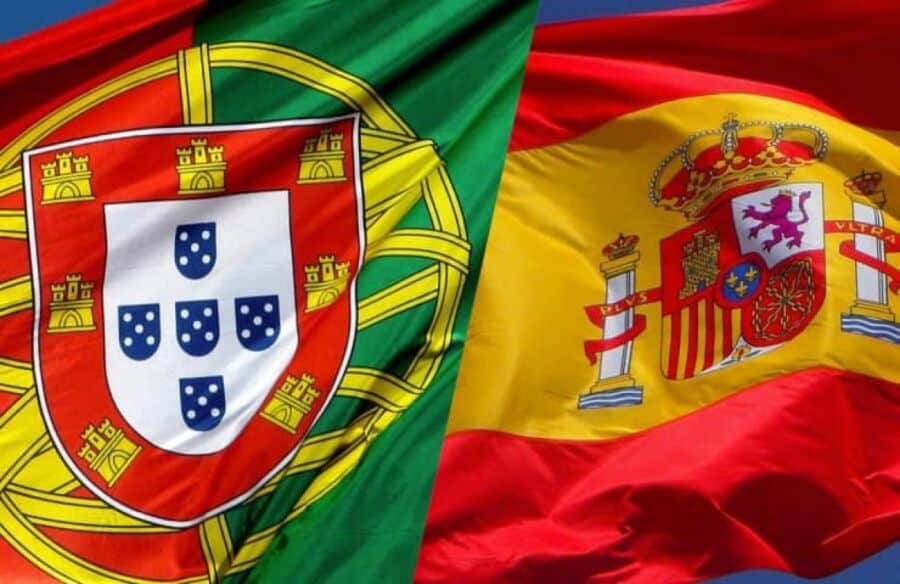Aim to deepen coordination in face of international situation
The ministers of foreign affairs and defence of Portugal and Spain are meeting on Monday to “deepen coordination in the face of the international situation” in the Middle East, Ukraine and the Sahel, among other regions, the Spanish government has revealed
The meeting of the four ministers will take place in Madrid, said a statement today from Spain’s ministry of foreign affairs (MNE), headed by Jose Manuel Albares.
Albares’ meeting with his Portuguese counterpart, Paulo Rangel, Portugal’s defence minister, Nuno Melo, and Spain’s defence minister, Margarita Robles, comes ahead of this year’s Portuguese-Spanish summit, which will take place in Faro next Wednesday.
“The Middle East, Ukraine, the Sahel and the Southern Neighbourhood (of the European Union) will be the focus of the discussions at the meeting,” reads the communiqué, for ministers to “deepen their coordination in the face of the main security and defence challenges.”
Regarding the Middle East, the agenda centres on the “risk of regional escalation”, the situation of the United Nations peacekeeping force in Lebanon (UNIFIL) – which has been the target of repeated attacks by Israel’s armed forces – “and the need for a ceasefire to start a peace process”.
Military support for Ukraine, the country’s peace plan and “the prospect of its accession to the European Union” will also be addressed, as will the African continent, namely political instability in the Sahel, security and defence policy in Africa, maritime security and development cooperation.
Also on the agenda are the European Union’s (EU) relations with NATO (the defence alliance of European and North American countries) and Europe’s so-called ‘southern neighbourhood’.
The annual meetings of the four ministers of foreign affairs and defence of Portugal and Spain, known as ‘2+2’, were agreed between the two countries in the Treaty of Friendship and Cooperation signed in 2021 and which came into force last year.
The commitment is for them to be annual, like the Iberian summits, and the one taking place in Madrid on Monday is the second to be held.
The Treaty of Friendship and Cooperation, which came into force on May 11, 2023, was signed in 2021 by the then Portuguese prime minister António Costa and his Spanish counterpart, Pedro Sánchez, who remains at the head of Spain’s executive.
The document replaced the first friendship treaty that had been signed between Lisbon and Madrid in 1977, when Mário Soares and Adolfo Suárez led their countries’ governments.
Lisbon and Madrid justified the need for a new treaty because during the 40 years that the 1977 treaty was in force, Spain and Portugal became consolidated democracies, became members of the EU, are allies in NATO (with Spain’s entry into the alliance, of which Portugal was already a member) and are partners in the Ibero-American community.
The new treaty ‘affirms shared values’ and updated “the instruments of cooperation in the most varied areas, both bilateral, including privileged cross-border relations, and European and international”, according to a joint communiqué issued by the two governments in May 2023.
The document established cross-border cooperation as “one of the fundamental axes of the bilateral relationship”, as well as the commitment to cooperation and, “whenever possible”, the agreement of interests in multilateral forums, namely in European bodies and others such as NATO and the United Nations.
The 35th Luso-Spanish Summit, which takes place in Faro next Wednesday, will be attended by 13 ministers from the Portuguese government and 12 from the Spanish, according to the programme released yesterday by the office of prime minister Luís Montenegro.
LUSA




















